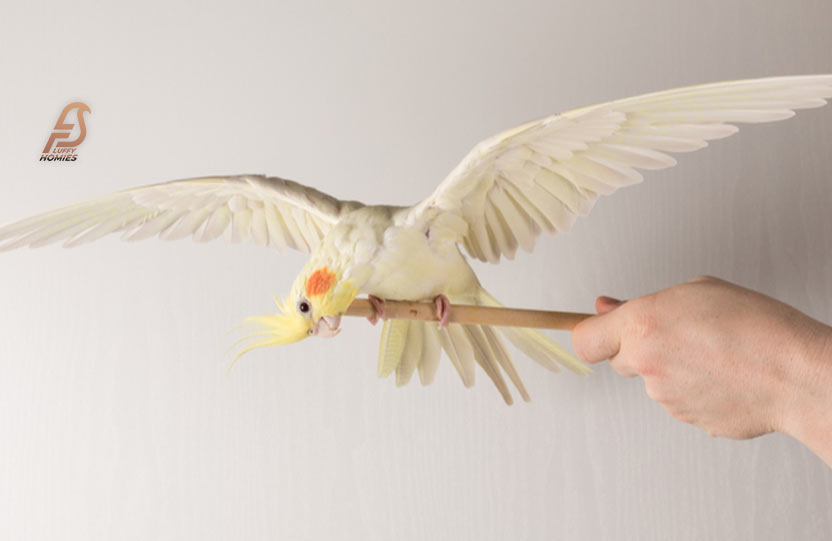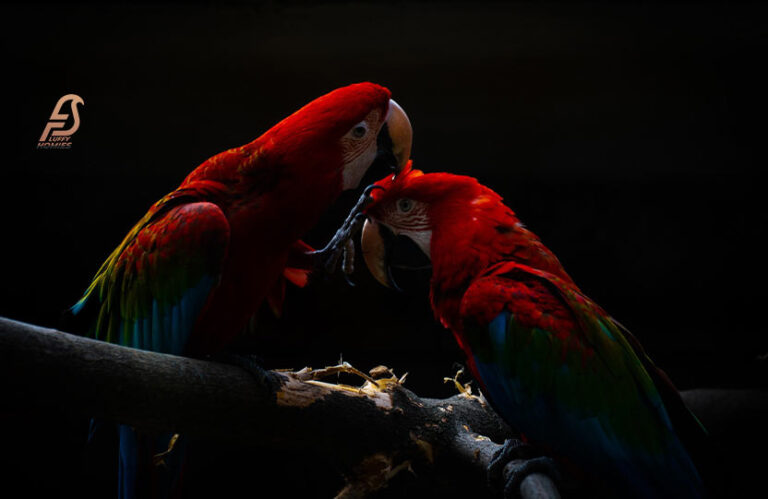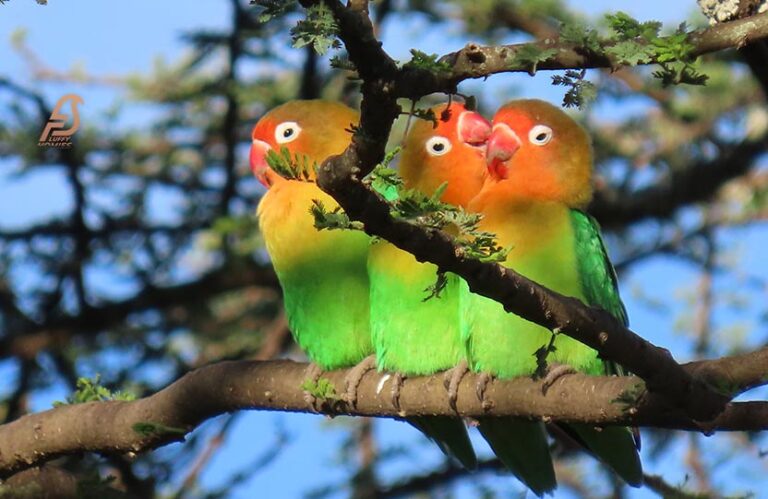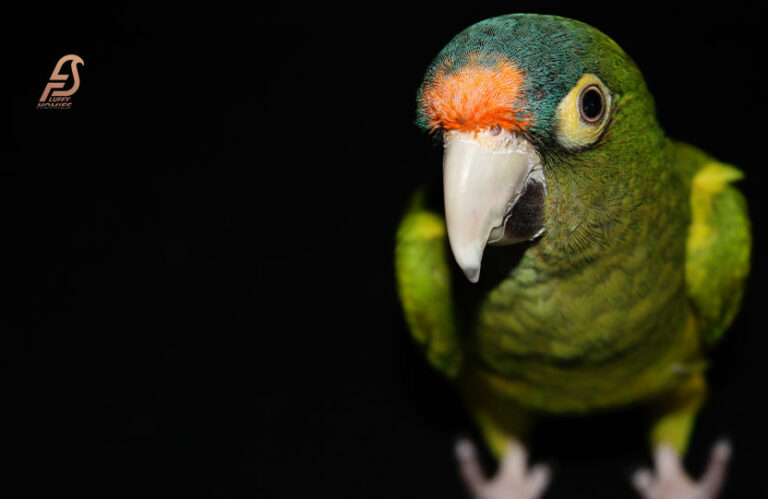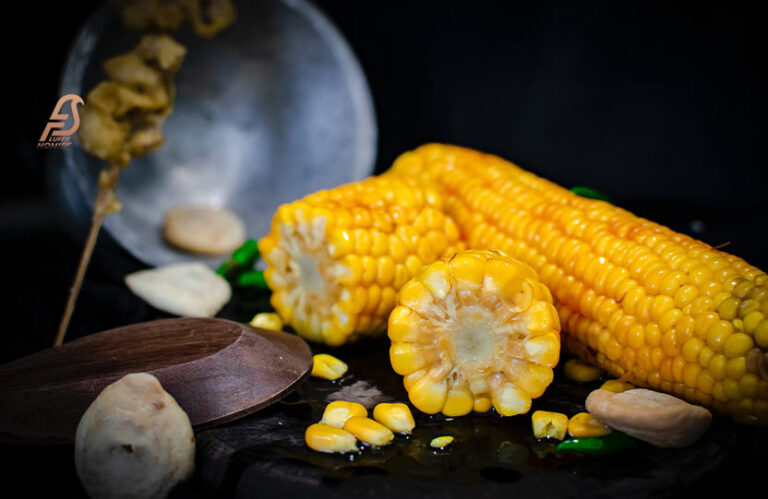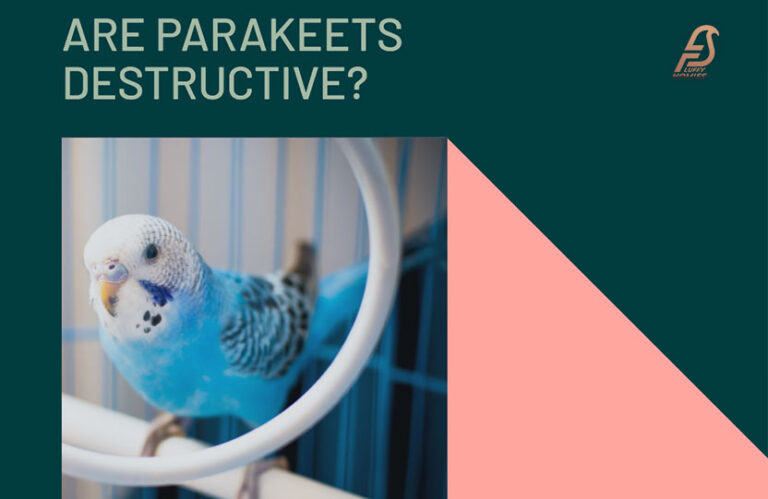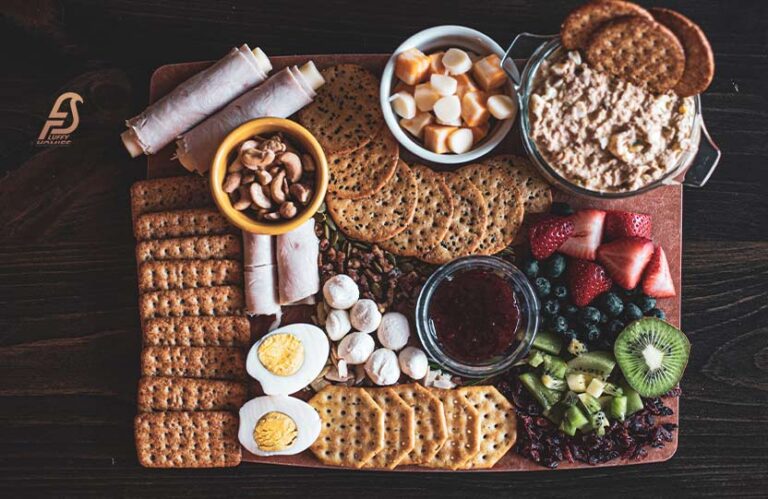The Fascinating Secrets Behind Cockatiels Wing Flapping 2023
Due to their gregarious nature, cockatiels can be highly affectionate and engaging with their owners. A cockatiel’s typical behaviours include singing, fluttering its wings, and conversing.
Why does my cockatiel flap its wings is a common query from owners. Whether this is a healthy action or not, I often say that it sounds like flapping wings.
Why Does My Cockatiel Flap Its Wings?
There are several reasons why a cockatiel might flap its wings. Some possible reasons include:
Exercise
Flapping their wings is a natural way for birds to keep their muscles strong and stay active. Flapping their wings rapidly can be a way for a cockatiel to get in some extra exercise and keep themselves fit.
Cockatiels need to have plenty of opportunities for exercise to stay healthy and happy. Birds also love to stand on shoulders for keeping themselves active.
In addition to flapping their wings, they may also enjoy climbing, playing with toys, and exploring their environment.
Providing your cockatiel with a large, spacious cage and plenty of toys and activities can help them get the exercise they need.
If you think that your cockatiel is flapping its wings for exercise, you can try providing them with additional opportunities for physical activity.
This can include offering them a larger cage, and more toys, and allowing them to spend time outside of their cage each day.
Excitement
The rapid flapping of a cockatiel’s wings signified enthusiasm. Cockatiels can feel excited when they see or interact with their owners because they are social birds.
Rapid wing flapping can be utilised to portray excitement and zeal in cockatiels.
If you think your cockatiel is flapping its wings in excitement, try connecting with them, paying them some attention, and engaging in some socialising.
They can be less likely to flap their wings enthusiastically if their urge for social interaction is decreased.
Frustration
A cockatiel’s wings could be seen flapping quickly in response to frustration or annoyance. A cockatiel will often flap its wings quickly to vent its frustration or annoyance.
Many things could cause a cockatiel to feel frustrated, such as being confined to a small cage, not getting enough social interaction, or not having enough stimulation.
If you think that your cockatiel is flapping its wings due to frustration, you can try to identify the source of its frustration and address it.
This might involve providing them with a larger cage, more social interaction, or more toys and activities to keep them entertained.
If your cockatiels grinding its beak then its also the sign of making them frustrated and need your attention.
Territory
Birds in the wild frequently flap their wings quickly to protect their territory or entice a partner. A cockatiel may act similarly if it feels threatened or if it wants to show authority.
A pet cockatiel could flap its wings to mark its territory inside its cage or other living quarters. Males are more likely to exhibit this behavior than females since they may be more territorial.
You can try giving your cockatiel lots of room and resources inside of their cage to make them feel secure if you suspect that they are flailing their wings out of territorial behavior.
To lessen any territorial tendency, you can also try to interact with them and develop a close bond with them.
Seeking Attention
When a cockatiel wants the attention of its owners, it may flap its wings. Due to their sociable nature, cockatiels want for human attention and engagement.
A cockatiel may use rapid wing flapping to attract its owner’s attention and ask for social engagement. Sometimes cockatiels’ won’t eat for showing you some signs.
Try interacting with your cockatiel and showing them some affection if you believe that they are flapping their wings to get attention.
This can assist in satisfying their demand for social interaction and lessen their urge to flap their wings in an effort to attract attention.
Temperature Regulation
Flapping their wings can help birds regulate their body temperature by generating air movement and dissipating heat.
If you think that your cockatiel is flapping its wings to regulate its body temperature, you can try to make sure that its living environment is comfortable and at a suitable temperature for them.
Cockatiels are native to Australia and are used to warm temperatures, so they should be kept in a room that is between 70 and 80 degrees Fahrenheit.
It is also important to make sure that your cockatiel has access to fresh, clean water at all times. Drinking water can help birds regulate their body temperature and stay hydrated.
Why Is My Bird Flapping Its Wings and Screaming & Screeching?
There are a few different reasons why a bird might flap its wings and make loud noises such as screaming or screeching. Here are a few possibilities:
Fear or distress
If a bird feels threatened or is in a stressful situation, it may flap its wings and make loud noises as a way to defend itself or signal for help.
Excitement or joy
Some birds may flap their wings and make loud noises when they are excited or feeling joyful.
Social communication
Birds may use vocalizations and body language, including flapping their wings, to communicate with other birds or with their owners.
Boredom or lack of stimulation
If a bird is not getting enough mental or physical stimulation, it may flap its wings and make loud noises as a way to relieve boredom or frustration.
Why Is My Bird Flapping Its Wings at Night?
A bird may flap its wings at night for a variety of reasons, including exercise, boredom or a lack of stimulation, and social communication.
Another option is that your bird is in some manner perturbed, annoyed, or frustrated. Your bird may flap its wings to vent their emotions and deal with their sentiments if it is irritated or frustrated.
Alternatively, if your bird is upset or worried, it may flap its wings to try to stay awake or to show that it is awake.
Why Does My Cockatiel Shake Its Head?
There are a few different reasons why a cockatiel might shake its head. Here are a few possibilities:
Grooming
Cockatiels are fastidious groomers and they may shake their heads as a way to groom their feathers or remove debris from their feathers
Ear infection
If a cockatiel has an ear infection, it may shake its head as a way to try and relieve the discomfort or itching.
Allergies
Cockatiels can develop allergies to things in their environment, such as dust or pollen, and they may shake their head as a way to try and relieve the irritation.
Eye irritation
If a cockatiel has eye irritation, it may shake its head as a way to try and relieve the discomfort or itching.
Head injury
If a cockatiel has sustained a head injury, it may shake its head as a way to try and relieve any discomfort or pain.
Also Read: Why Does My Cockatiel Hate Me?
Why Are My Cockatiels Flapping Their Wings at Each Other?
There are a few different reasons why cockatiels might flap their wings at each other. Here are a few possibilities:
- Playfulness: Cockatiels can be playful and may flap their wings at each other as a way to play and have fun.
- Bonding behavior: Flapping their wings at each other can be a way for cockatiels to bond and show affection towards each other.
- Social communication: Cockatiels may use body language, including flapping their wings, to communicate with each other and express their emotions.
Why Are My Cockatiels Wings Twitching?
There are a few different reasons why a cockatiel’s wings might twitch. Here are a few possibilities:
Exercise
An indication that your cockatiel is attempting to get some exercise is when it flaps its wings, which is a natural technique for birds to maintain their muscles and stay active.
Relaxation
Some birds may twitch their wings when they are feeling relaxed or content.
Allergies
Cockatiels can develop allergies to things in their environment, such as dust or pollen, and they may twitch their wings as a way to try and relieve the irritation.
Pain or discomfort
If a cockatiel is experiencing pain or discomfort, it may twitch its wings as a way to try and relieve the sensation.
Why Does My Cockatiel Flap Its Wings—Final Thoughts
Cockatiels may flap their wings for a variety of reasons, such as exercise, excitement, frustration, territorial behavior, or temperature regulation.
It is important to pay attention to your cockatiel’s body language and behavior to try and determine why they are flapping their wings.
This can help you understand what they are trying to communicate and how to best respond to their needs.
It is a great thing to get advice and direction from a veterinarian or a qualified bird trainer if you have concerns about your cockatiel’s health or if their wing flapping is accompanied by other strange habits or symptoms.
FAQs
Why do cockatiels flap their wings like crazy?
Cockatiels may flap their wings like crazy for a variety of reasons, such as exercise, excitement, frustration, territorial behavior, or temperature regulation.
How do you calm a scared cockatiel?
To calm a scared cockatiel, you can try providing them with a quiet, safe place to retreat to, offering them treats and positive reinforcement, and gradually desensitizing them to the source of their fear.
Should you cover cockatiels at night?
It is generally recommended to cover cockatiels at night to provide them with a sense of security and to help them get a good night’s sleep.
Covering their cage with a lightweight blanket or towel can help block out distractions and create a cozy, dark environment for them to sleep in.
Is it cruel to keep a cockatiel in a cage?
It is not necessarily cruel to keep a cockatiel in a cage as long as they are provided with the proper care and attention.
Cockatiels are social animals and they need plenty of social interaction, exercise, and mental stimulation to stay healthy and happy.
Will a cockatiel recognize me?
Yes, a cockatiel can recognize its owner or other individuals that they have had regular contact. They flap their wings and show happiness and want to communicate with them.
Where do cockatiels like to be stroked?
Cockatiels generally like to be stroked on their head and neck. These areas contain a lot of sensory receptors and are particularly sensitive to touch.
Many cockatiels enjoy being gently petted or scratched on the head and neck, and this can help them feel calm and relaxed.
